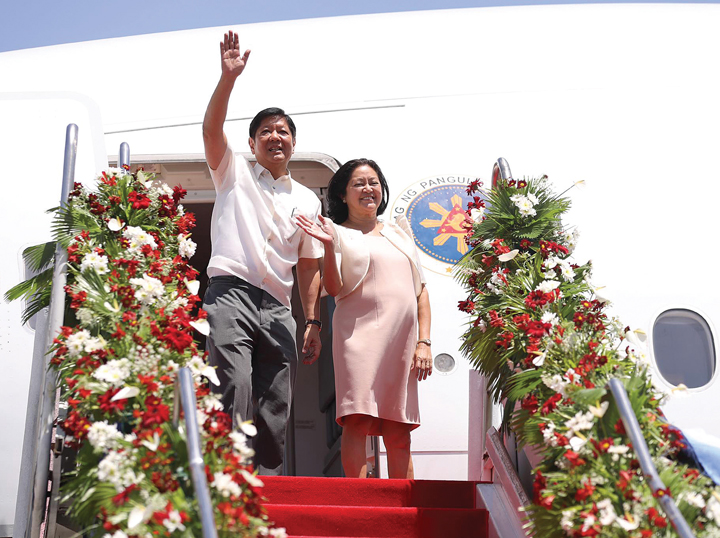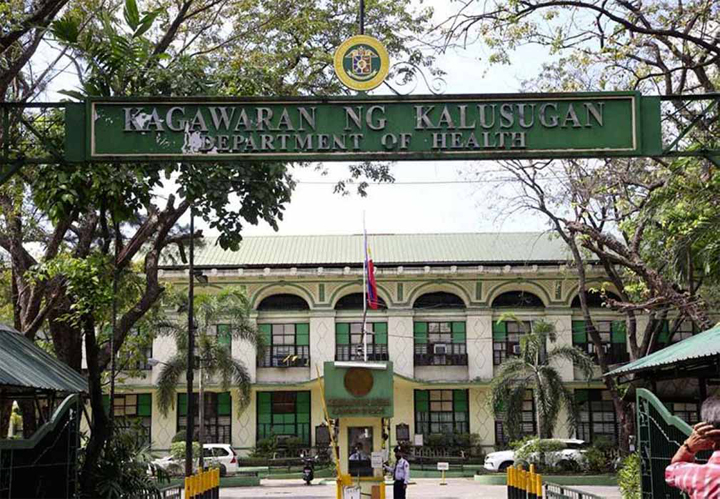THE Department of Justice (DOJ) has endorsed the passage of proposed bills that mandate the installation of monitoring devices in all public-utility vehicles (PUVs) to deter crimes and ensure the safety of passengers.
A two-page legal opinion signed by DOJ Undersecretary Zabedin Asis said it has no objection on the draft substitute bill of House Bills 1992, 3704, 3755 and 5228, introduced by Reps. Arnulfo Go, Eric Olivarez, Mariano Velarde and Winston Castell titled “An Act Mandating the Installation of Monitoring Devices in PUVs, Providing Penalties Thereof.”
The bills require PUVs to have a closed-circuit television (CCTV) and global positioning system (GPS) tracker to ensure the safety of its passengers.
The proposed bills also mandate PUVs operating prior to the effectivity of this act to have CCTV and GPS installed as a requirement for renewal of their registration.
“The intention here is for the safety of passengers. The government cannot watch over its constituents 24 hours a day, however, the installation of CCTVs will at least serve as a deterrent to those with evil motive,” the DOJ said.
The DOJ issued the legal opinion in response to the request of Velarde, chairman of the technical working group of the Committee on Transportation.
However, the DOJ issued some comments with regard to some provisions of the proposed bills such as on the definition of the PUVs and the use of CCTV footage as evidence.
In the definition of PUVs, the DOJ suggests the inclusion of the phrase “operating under a franchise or certificate of public convenience [CPC], after the enumeration of the PUVs covered under the act.
“This will delineate that only PUVs operating under a franchise or CPC are covered under this act,” the DOJ noted.
It also suggests the inclusion of a provision allowing government investigative authorities access to these CCTV footage in the conduct of their investigation.
“We understand that this particular provision only covers use of CCTV footage for evidentiary purpose. However, it’s not a secret footages have proven valuable to government agencies in investigating crimes in the past,” the DOJ pointed out.





























